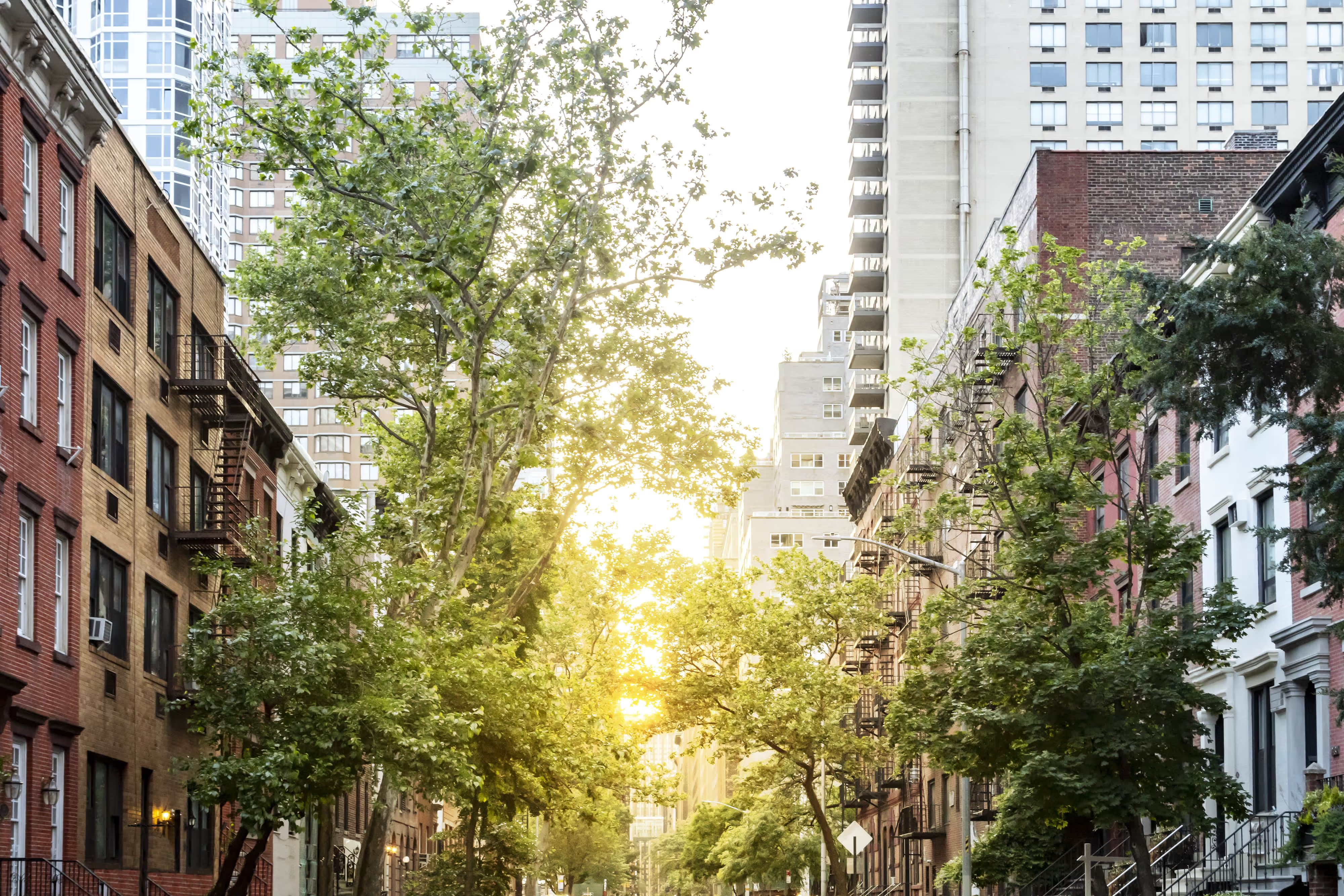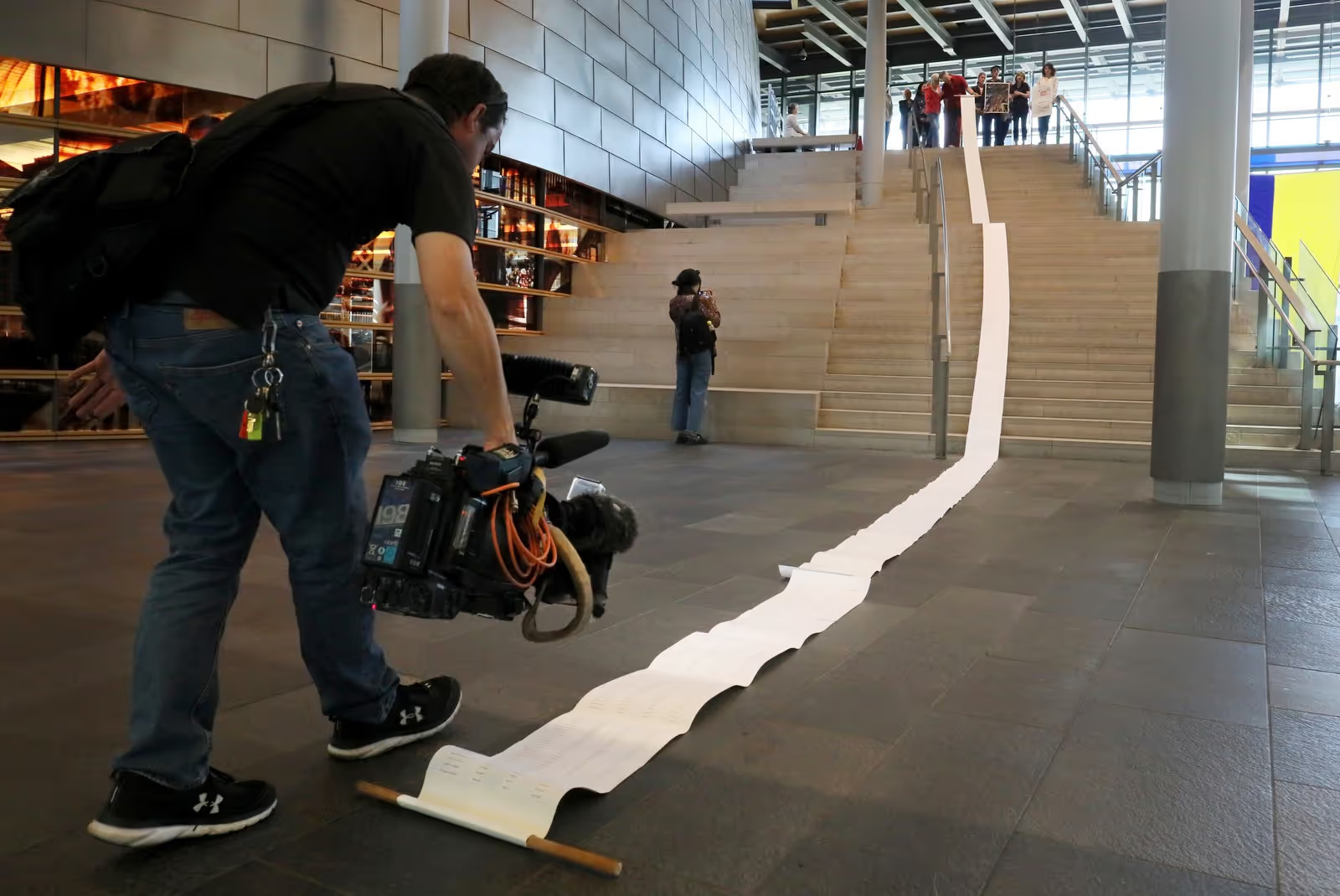
Seattle Developers Lobbied Hard for the Tree Ordinance
And We’ve Got the Receipts
Data obtained from lobbying disclosure reports by Tree Action Seattle reveals that in the six months leading up to when Seattle’s destructive new tree ordinance took effect, MBAKS, the Seattle area developer lobby, met with city officials 108 times. Over a third of those meetings were solely to discuss the tree ordinance. See the data yourself using the link above.
Lobbying paid off. Not only did MBAKS get the destructive ordinance they lobbied for, but when it looked like amendments to improve the ordinance might gain traction, MBAKS listed their preferred outcomes on 21 issues in this letter. Almost every one was adopted and is now part of Seattle’s tree ordinance.

In contrast, the group actually tasked with advising the City on tree policy — the city Urban Forestry Commission, a panel of subject matter experts — was given just three meetings and their input was not incorporated into the bill. Just before the ordinance passed, the UFC stated the legislation was "flawed and in violation of Seattle Municipal Code.”
What is the Urban Forestry Commission?
In 2009, city councilmembers created an Urban Forestry Commission to advise Seattle’s mayor and city council on urban forest policy. The commission is composed of subject-matter experts, including architects, construction industry representatives, wildlife biologists, and citizen representatives.
After deep analysis of current best practices in urban forestry, the commission proposed a tree ordinance draft in 2019, but were undercut by politicians and the developer lobby at every turn. The facts speak for themselves: the Urban Forestry Commission has been pushing for improving Seattle’s ordinance, or passing their draft, for over 10 years with no luck. But in 1 year, MBAKS wrote and passed a tree ordinance which contradicts best practices and went against the advice of the commission. And then they had a party to celebrate.
Help Us Create a Tree Code That Benefits Seattleites, Not the Construction Industry
We’ve proven at every turn that more housing and trees is not only possible, it’s optimal. Trees near homes provide climate and public health benefits, and there is no evidence that retaining trees drives down profits for the construction industry.
Please help us send 1,000 emails to the mayor and city council asking them to replace the tree ordinance with one that protects our urban forest for generations to come. Every voice matters!



.avif)



.png)